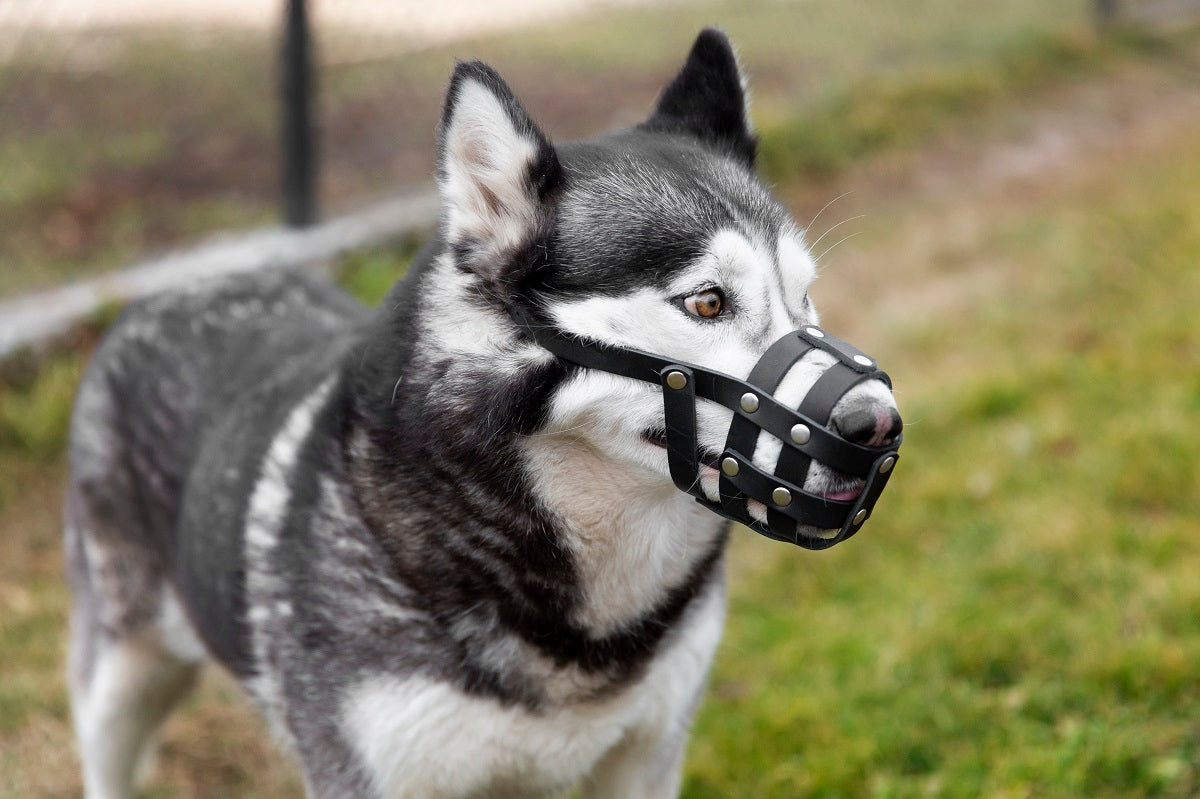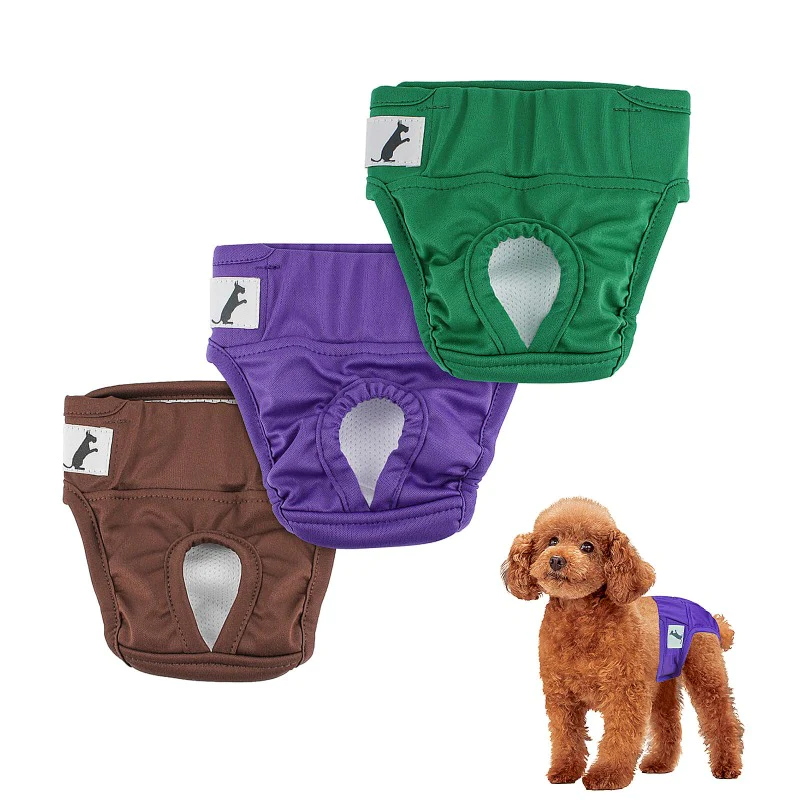Are you someone who loves dogs and has often wondered if they can get braces just like us humans? Well, you're not alone! The answer is, yes, dogs can get braces. In fact, just like humans, dogs can encounter various dental issues that require orthodontic treatment to improve their oral hygiene and overall health.
Dental problems are common in dogs, and issues with misaligned teeth and bites can occur due to genetics, accidents, or improper dental care. These issues can cause dental disease, jaw misalignment, and discomfort while chewing, leading to undesired behavior that may indicate pain and irritation.
So, if you're wondering if your furry friend would benefit from braces, here's everything you need to know:
Dog Braces: How Do They Work?
The procedure of fitting braces on dogs' teeth is the same as it is with humans; a veterinarian will examine the dog and assess the alignment and the positioning of their teeth. After a proper evaluation, braces are attached to the teeth using adhesive material and wires to pull or push the teeth into the desired position gradually.
Typically, dog braces are made of metal or clear acrylic, and the treatment time can take anywhere from several months to a year, depending on the severity of the dental problem.
Benefits of Dog Braces
1. Aligning Teeth
Through the use of braces, misaligned teeth can be repositioned to alleviate discomfort and improve the dog's oral hygiene.
2. Addressing Bite Issues
If your dog has overbite, underbite, or crossbite, braces can address these issues to improve the dog's bite, jaw alignment, and chewing ability.
3. Preventing Future Dental Problems
Properly aligned teeth can avoid complications, such as damage to the teeth or gums, as well as other dental diseases that may arise due to an uneven bite.
Considerations Before Fitting Braces on Your Dog
While dog braces have numerous benefits, there are few things you need to consider before deciding on the treatment for your furry friend:
1. Cost
The cost of dog braces can be significantly higher than other dental treatments and can vary depending on various factors, including the location and severity of the dental problem.
2. Age
Younger dogs are better suited for braces as their teeth and bones are still growing, making the braces more effective. However, dogs in their senior years may not be suitable for braces due to the fragility of their jawbones.
3. Personal Convenience
It's vital to consider the logistical requirements of the braces treatment, including multiple visits to the veterinarian, special care for the dog's teeth, and close monitoring of your dog's behavior.
Final Thoughts
Dental hygiene is essential in the overall maintenance of your dog's health, and braces are one of the many options available to correct dental issues in your furry friend. It's essential to consult with your veterinarian to evaluate your dog's dental health and determine whether braces are the right option for your pet.
In summary, dog braces have numerous benefits and can significantly improve your dog's life. With proper care, supervision, and cooperation from your furry friend, you can help your dog achieve a beautiful healthy smile!




